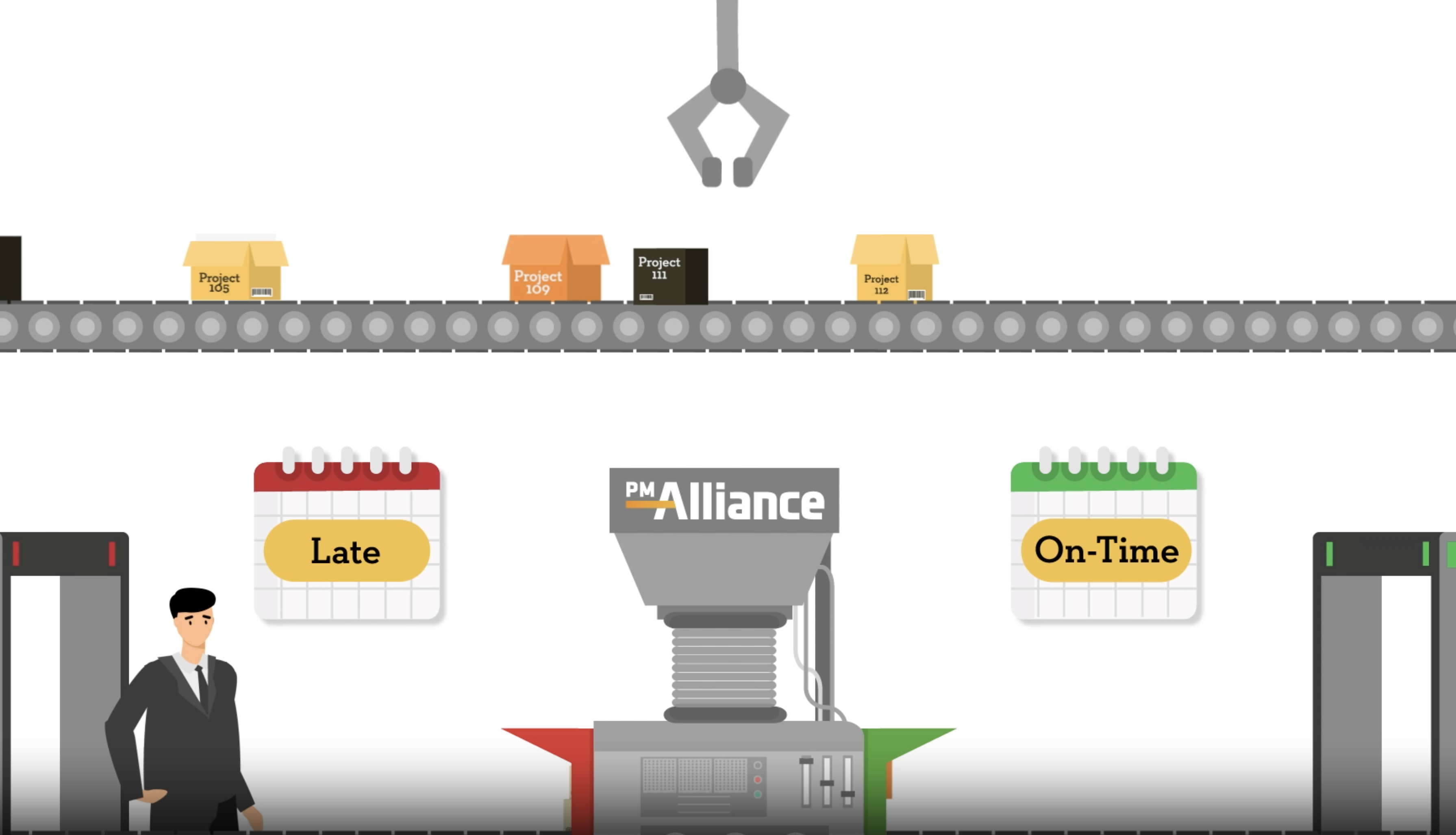
Optimizing Project Resource Allocations at the Portfolio Level
With the variety of time-sensitive activities your project team needs to monitor and manage from the early planning phases throughout the rest of the project

With the variety of time-sensitive activities your project team needs to monitor and manage from the early planning phases throughout the rest of the project

One common problem organizations encounter is the existence of multiple concurrent plans for a single project. Between the various cross-functional groups, from accounting to engineering to HR, you may discover there are too many schedules in use. With all these timetables floating around, how can you trust any of the resulting progress estimates? The true status of each activity soon becomes a big question mark. Sound familiar? It’s the “many truths” problem and it could doom your project to failure.

Is your organization launching a new facility? Whether it represents an expansion of existing operations, a relocation from a previous site, or an entirely new function for the company, there are a number of risks around material procurement that must be identified and properly addressed before your facility startup project can deliver the expected results.

Information is one of the core pillars underpinning every successful project. With the evolution of technology and more compute power available than ever before, there’s little reason centers of excellence should continue to rely on data that may be days or even weeks old when it comes to identifying potential issues, forecasting activity schedules, making strategic decisions, and pouncing on opportunities in the marketplace.

You’ve probably noticed that setting start dates for projects—and sticking to them—is often a challenge. Smaller initiatives may not be as difficult, but bring a large, complex, or high-visibility project to the table and suddenly the prospect of a start date can become downright terrifying for stakeholders. Everyone typically wants the project done and most people are eager to participate in the planning phase, but try nailing down a date when the actual work will start and watch the avoidance behavior begin.

Managing complex projects with multiple critical paths can be challenging. While focusing on the primary path is essential, ignoring secondary paths can jeopardize the project.

Project teams are increasingly aware of the value of using a dynamic schedule to sequence and oversee activities. With the ability to effectively address any schedule impacts by reflowing or compressing tasks to maintain alignment with the target completion date, the center of excellence gains tangible benefits that can help keep difficult or complex projects on track.

Teams tasked with executing manufacturing projects have a lot on their plates. To get things underway as soon as possible, it can be tempting to skip over the development of a work breakdown structure and go right to carrying out tasks. But any perceived time savings gained by avoiding this step will quickly come back to haunt PMs, often in the form of delays, critical activity conflicts, and tasks left uncompleted.

Information is one of the core pillars underpinning every successful project. With the evolution of technology and more compute power available than ever before, there’s little reason centers of excellence should continue to rely on data that may be days or even weeks old when it comes to identifying potential issues, forecasting activity schedules, making strategic decisions, and pouncing on opportunities in the marketplace.
A robust project management methodology enables the team to access the kind of real-time status updates that are critical to success. If your Project Team hasn’t yet prioritized the use of real-time data, consider how it could improve the landscape for team members, executives, and the other stakeholders involved in the effort.

Several strategies can be deployed to help Project Teams avoid lapsing into panic when the pressure mounts, whether it’s because of an emergent problem or because there simply seems to be too much to do. Knowing where to draw the line is key when balancing stress levels.

We partner with our clients to provide mission-critical project management solutions.
Corporate Headquarters
3355 Lenox Road
Suite 750
Atlanta, GA 30326
Toll-free (US): 866.808.3735
International: +1.770.938.4947
Fax: 770.234.6997
PMP, PMI, PMBOK, CAPM are registered marks of the Project Management Institute, Inc.
We use cookies to enhance your browsing experience, analyze site traffic, and personalize content. By continuing to use our site, you consent to our use of cookies.